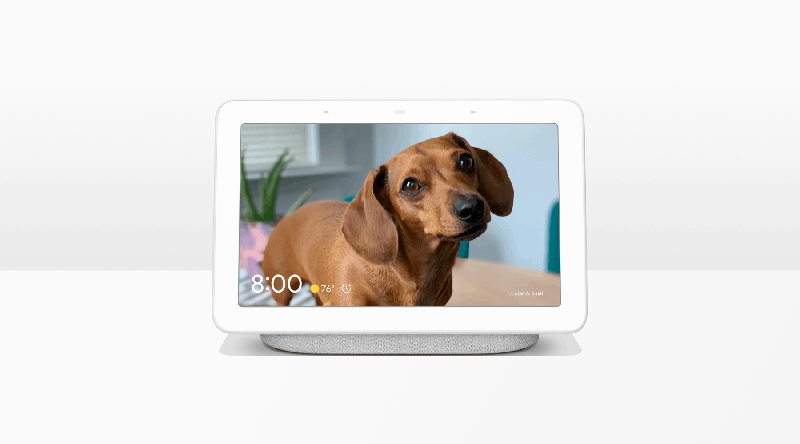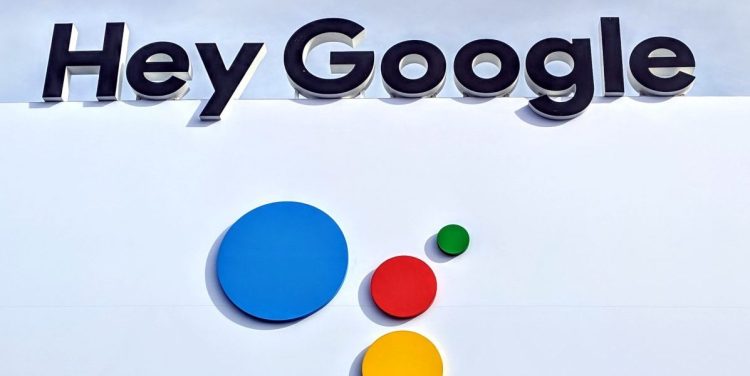testsetset
You will soon be able to assign reminders to specific members of your household with Google Assistant on Android phones and Nest Home smart speakers and smart displays, a company spokesperson told VentureBeat in an email.
You can schedule assigned reminders by saying: “Hey Google, remind Jamal to take out the trash at 8 p.m.” or “Hey Google, remind Sophie she’s a great kid tomorrow at 5 p.m.”
Once you set a reminder, it appears on the household member’s phone and smart display, and Google Assistant then delivers the reminder at the scheduled time.
The ability to see your reminders on a smart display will be more helpful when the Nest Hub Max comes out September 9. Introduced at Google’s I/O developer conference in May, the Nest Hub Max will be the first smart display to use facial recognition, serving up your calendar and reminders when you walk by.
June 5th: The AI Audit in NYC
Join us next week in NYC to engage with top executive leaders, delving into strategies for auditing AI models to ensure fairness, optimal performance, and ethical compliance across diverse organizations. Secure your attendance for this exclusive invite-only event.
Assigned reminders require use of Google’s voice authentication service Voice Match and will be rolled out over the course of the coming weeks in the U.S., U.K., and Australia. Google’s Family Link can be used to create Voice Match accounts for children under the age of 13. Voice Match can be used by up to six members of a household.

Smart speakers and their underlying conversational AI and far-field voice recognition are quick and easy ways to organize household activities, like adding to a common shopping list or calendar. Features like assigned reminders, multi-room music, and the ability to act as a home intercom system encourage household adoption of multiple speakers.
In other recent smart speaker news, on Wednesday Strategy Analytics reported that 30.3 million smart speakers were sold globally in Q2 2019, nearly double reported sales in Q2 2018. At 21%, Amazon continues to lead global speaker sales, followed by Google, Baidu, Alibaba, and Xiaomi.


